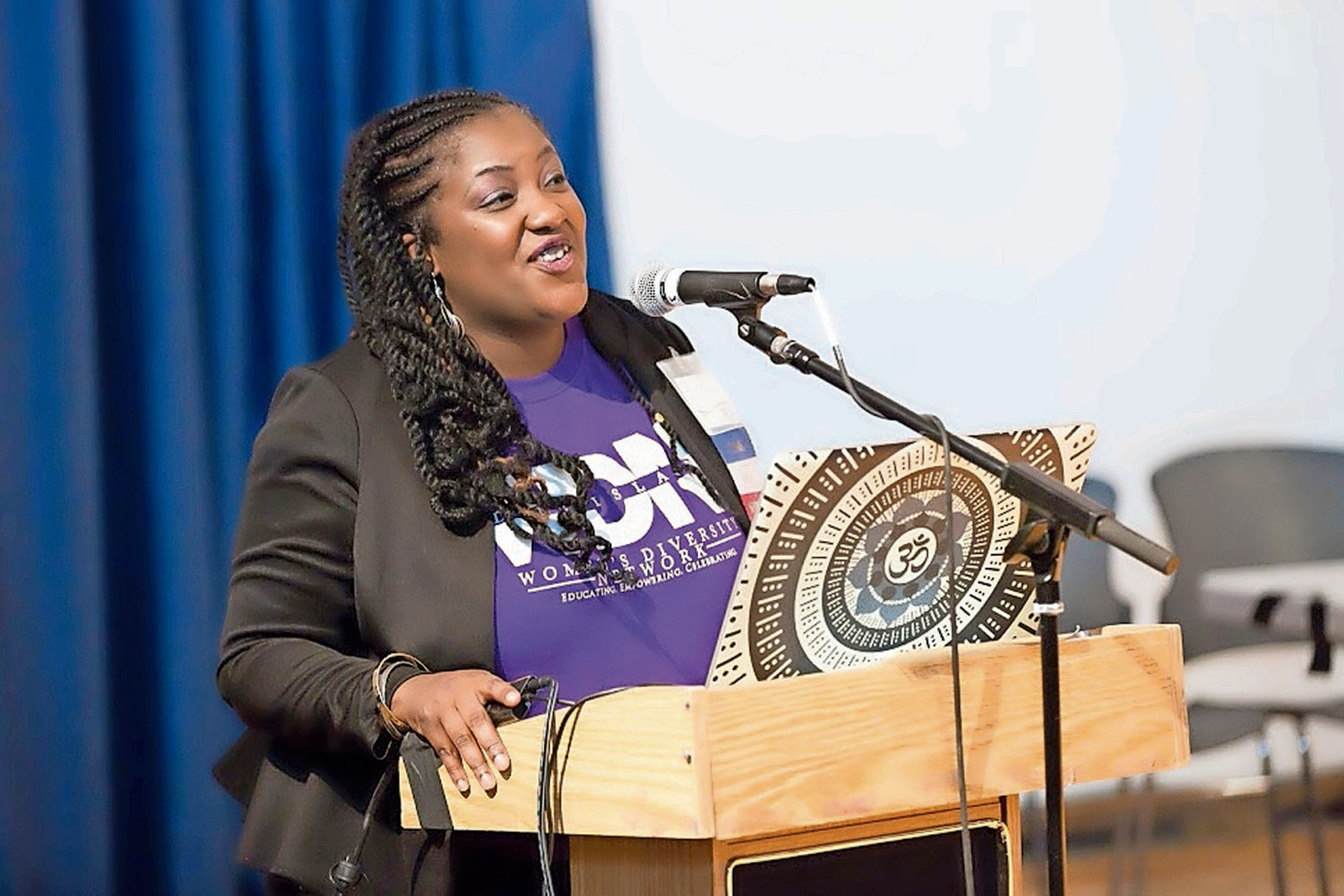Keyword: ERASE Racism
19 results total, viewing 11 - 19
|
Newly released data highlight major racial disparities in deaths from Covid-19, and it’s not surprising. It’s a reflection of the structural racism that has created an unequal foundation for so many aspects of life in America . . .
more
By Elaine Gross
|
4/17/20
|
|
As a stay-at-home mother in 2006, Shanequa Levin, of Huntington Station, was feeling stir-crazy.
She had two children — ages 4 and 8 at the time — and had just moved to the town in …
more
By Briana Bonfiglio
|
2/27/20
|
|
Long Island is one of the most segregated metropolitan areas in America, and segregation in our schools is getting worse, according to the Long Island-based ERASE Racism.
more
By Sufyan Hameed
|
3/15/19
|
|
As a senior at Mepham High School in Bellmore, I’m excited that ERASE Racism has launched a Long Island-wide public discussion called “How Do We Build a Just Long Island?”
more
By Gabriela Daza
|
2/8/19
|
|
In Spike Lee’s masterful “BlackkKlansman,” based on the memoir by Ron Stallworth, Colorado Springs’ first African-American police officer and undercover detective, we see racism in its most ugly form . . .
more
12/14/18
|
|
“It’s been a fascinating career — I feel very lucky to have lived it,” said Cliff Richner, co-owner of Richner Communications and the longtime publisher of Herald Community Newspapers, who retired last month after 36 years in a family-run company that has left an indelible mark on local community news on the South Shore.
more
By Anthony Rifilato
|
7/26/18
|
|
In 1972, Sheldon Parrish was sitting in his eighth-grade social studies class at then-Roosevelt Junior-Senior High School when he heard a low hum coming from the hallway. As he listened closely, he could make out a crowd rushing to the classroom door, and they were singing a strange song, “I got the feelin’, I got the feelin’, I got the feeling there ain’t gonna be no sh– like that.”
more
By Alex Boyd
|
11/21/16
|
|
It seems universal that accidental and deliberate deaths are horrific and extremely difficult to accept, especially the death of loved ones. Whatever our differences . . .
more
7/20/16
|
|
It is an ignominious history that Long Islanders don’t like to remember or even recognize. For nearly 200 years, from the early 1600s to the early 1800s, Long Islanders owned slaves.
more
2/20/14
|
Currently viewing stories posted within the past year.
For all older stories, please use our advanced search.
For all older stories, please use our advanced search.





